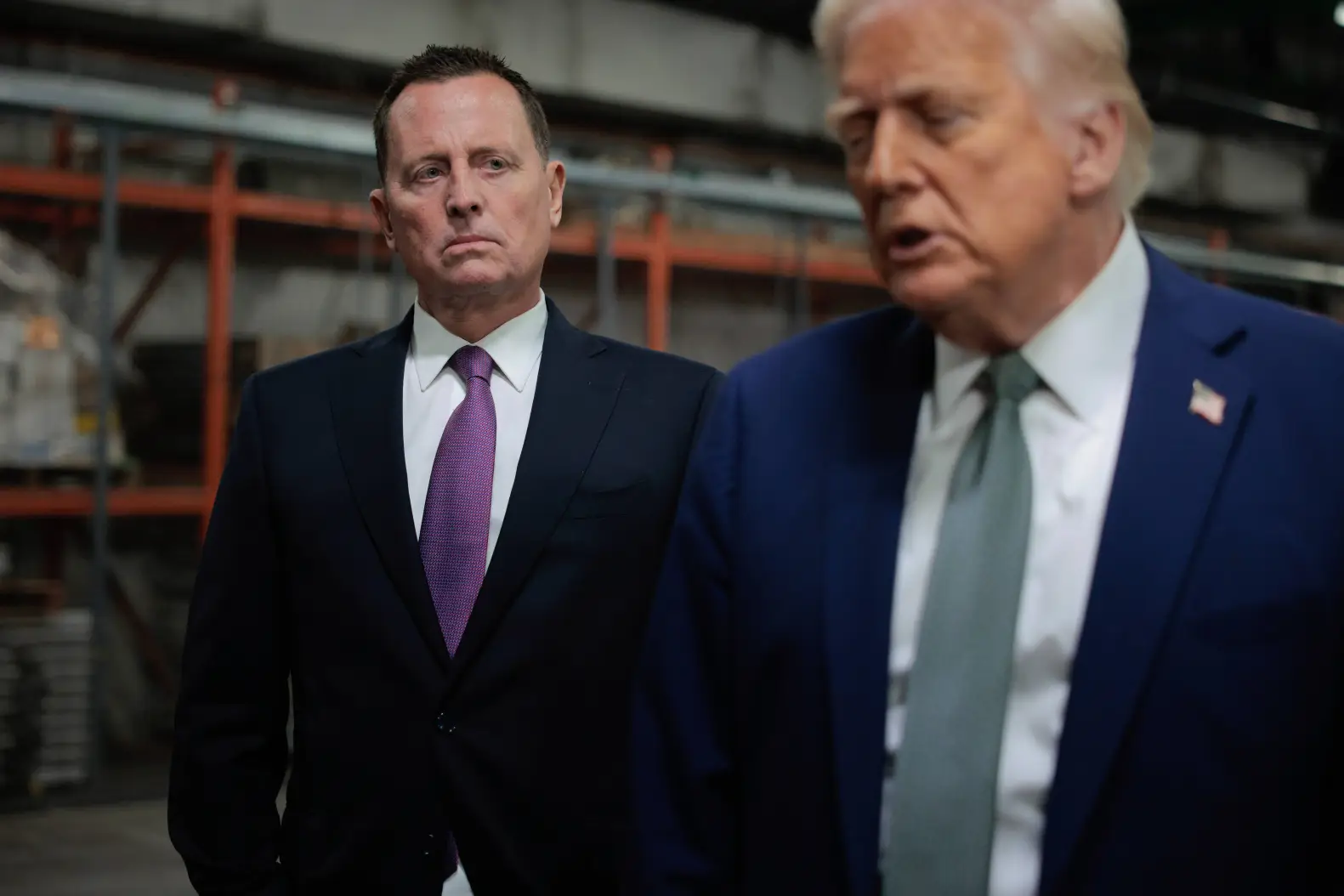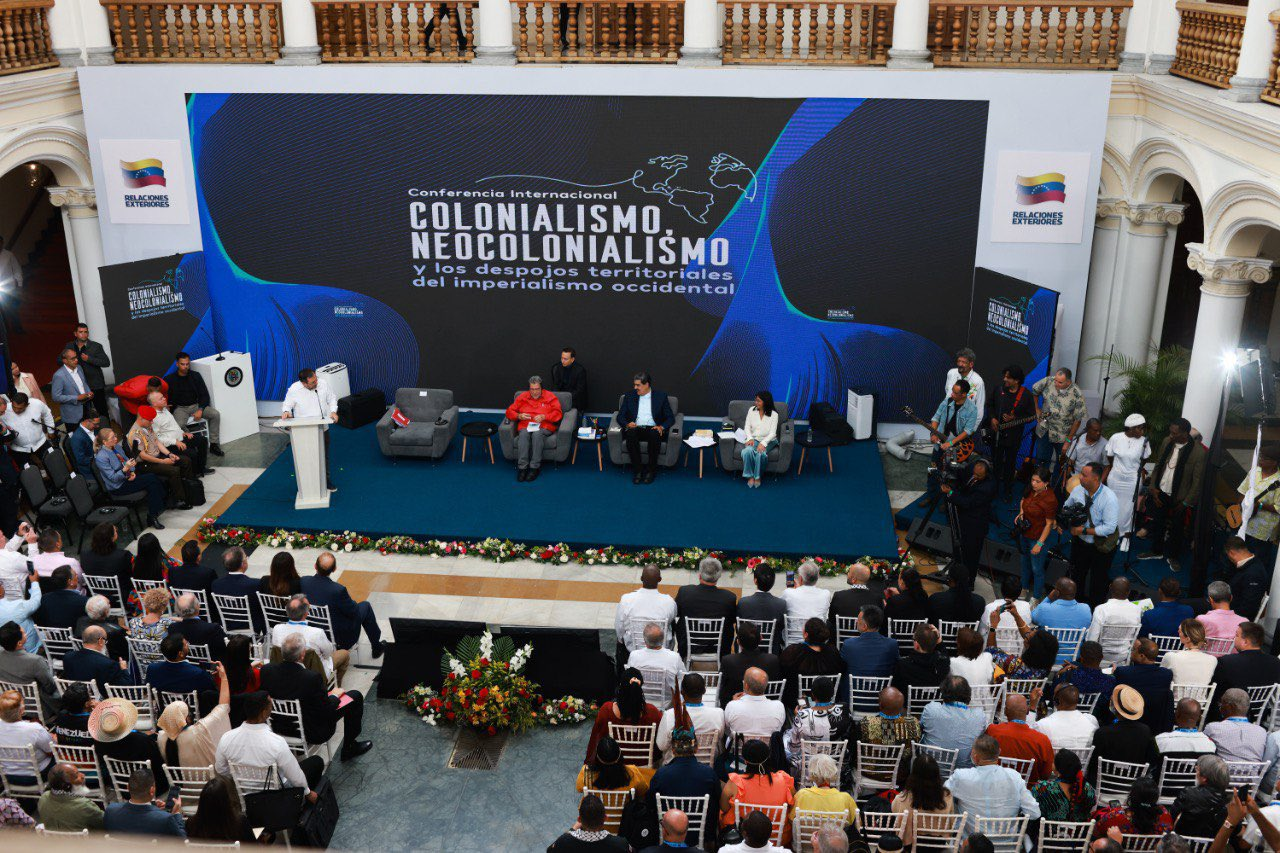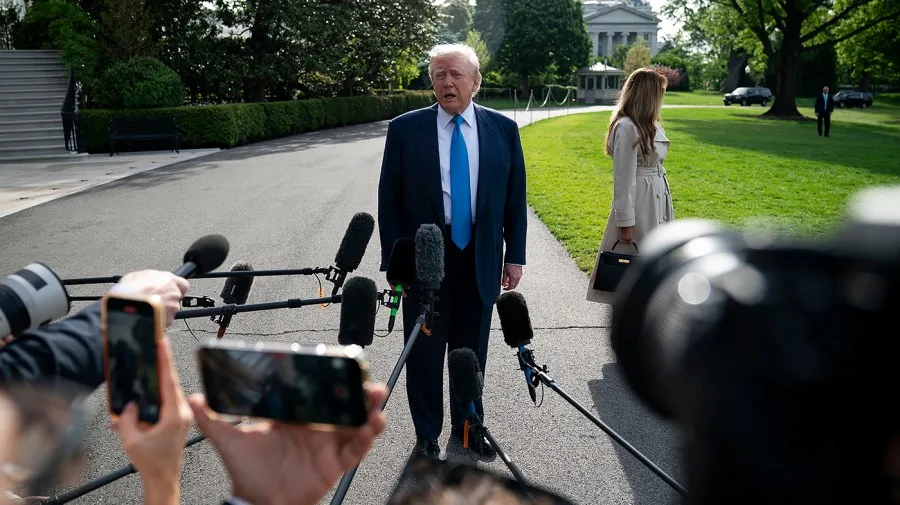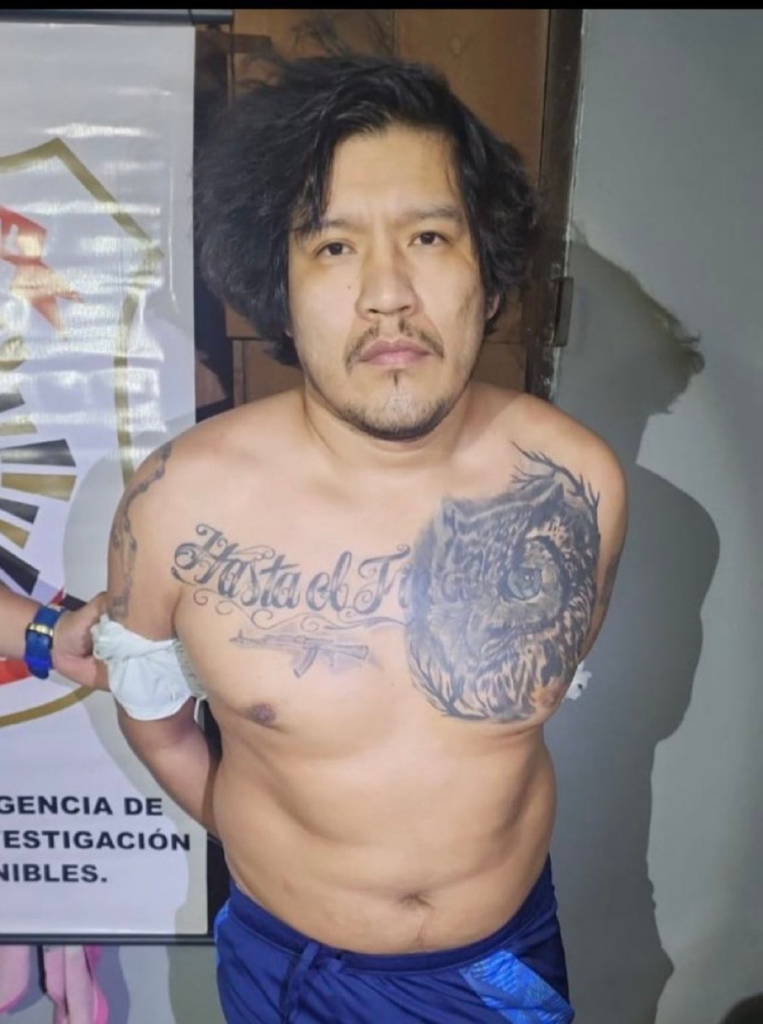After primary elections in March that descended into shambles, the legitimacy of November’s highly anticipated presidential vote is being called into question by outside bodies.
The nation’s primary race in early March featured three candidates representing the governing leftist LIBRE party, the conservative Liberal party, and the conservative National party.
The election was fraught with issues when materials were late in their scheduled deliveries to various voting locations designated for voters. The confusion denied citizens access to polling stations after they failed to open to the public.
The closures took place in Honduras’ largest cities in Tegucigalpa and San Pedro Sula, forcing voters to revisit their stations the following day, resulting in widespread protests where citizens took to the streets and began burning rubber tires and blockading roadways.
The National Electoral Council (CNE), the body tasked with organizing and overseeing national elections, has come under fire from residents and international organizations that have been critical by pointing out the institution’s shortcomings.
The failures of Honduran elections are widely known, originating from structural deficiencies in logistics management and the composition of the CNE itself (whereby one member from each party is elected to head the electoral body, presenting inherent risks for conflicts of interest), or suspicions and often well-founded allegations of public corruption on the part of party leaders and elections officials, which weaken the integrity of the whole system.
The Organization of American States (OAS) and the European Union have both been outspoken in their criticisms of how the election processes are conducted in Honduras.
Honduras-U.S. Relations
Bilateral relations between the United States and the Honduran government have gotten off to a rocky start since the resumption of the second Trump administration in January of this year.
The left-wing government of President Xiomara Castro, who is the spouse of ex-President Manuel Zelaya – removed from office by a military coup in 2009 and sent into exile shortly thereafter – has been an outspoken critic of the Trump administration’s mass deportation campaign that has led to a large number of migrants being repatriated back to Honduras.
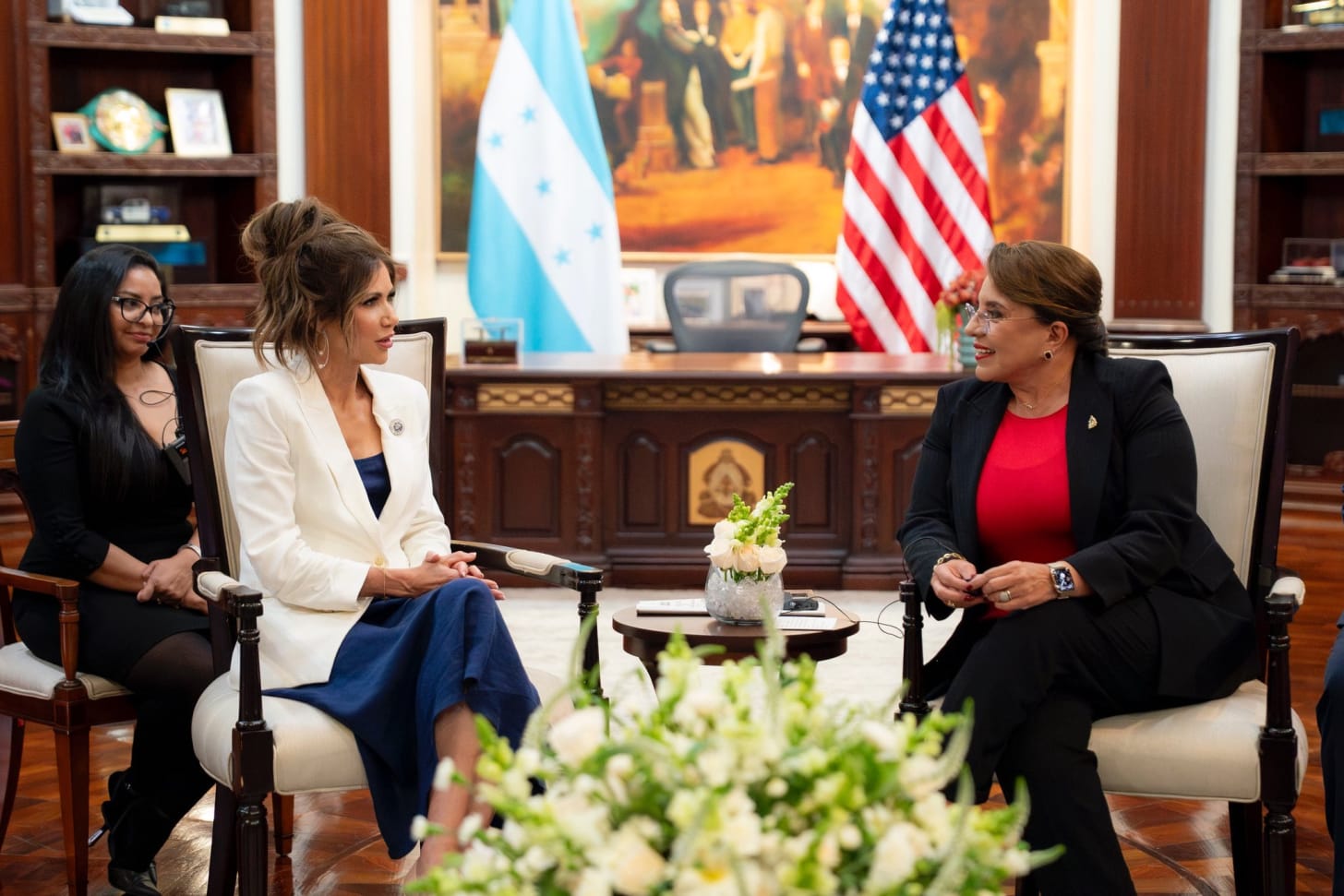
Castro previously threatened to withdraw her nation from a long-running extradition treaty with the United States, which played a part in the extradition of Castro’s predecessor, former President Juan Orlando Hernández, to the United States for drug trafficking charges, for which Orlando is currently serving a 45-year prison sentence.
President Castro also threatened to expel U.S. troops from the Soto Cano Air Base in Comayagua in central Honduras, which opened in the 1980s and is currently used by U.S. military assets to conduct anti-trafficking operations throughout the Central American region.
President Castro later reversed course on her threat in February after negotiations with the U.S. State Department directed that Honduras receive thousands of deportees from the United States who have origins in other nations.
Internal Disputes
In early August, Honduras raised eyebrows in the region when Foreign Minister Antonio García resigned from his position after criticizing President Castro for her support of dictator Nicolás Maduro.
Minister García stated that Castro’s political ties with the Venezuelan regime were damaging Honduran relations with the United States.
García also accused Castro of failing to provide security guarantees in preparation for November’s upcoming presidential elections. Garcia warned, “I am troubled by the current electoral crisis the country is experiencing, which I consider artificial and unprecedented”.
The European Union and its Vice President Kaja Kallas, received a letter in early August from conservative Spanish politicians Martin Frias Jorge and Tertsch Hermann, encouraging the international body to “monitor the political situation in Honduras with the urgency it deserves”.
The pair added, “As the country prepares for its next general elections in November 2025, we are receiving mounting and credible concerns regarding potential attempts to undermine the transparency and legitimacy of the entire electoral process”.
Re-election?
The Honduran president campaigned before taking office in January of 2022, on the promise of restoring commitment to institutionality, in a nation with a long and troubled history of interrupted transfers of power, and to combating the plague of public corruption in Honduran politics.
Castro’s pledge was a departure from the previous 12 years of conservative National Party governance, where leaders colluded with criminal drug organizations in a climate of rampant public corruption that contributed to a disturbing rise in violent crime in the country.
Progress has been made by the Castro administration in reducing the rate of street crime, improving public services, and increasing funding for social programs to enhance the quality of life.
However, residents have expressed disapproval of the government’s efforts in addressing the threat of public corruption.
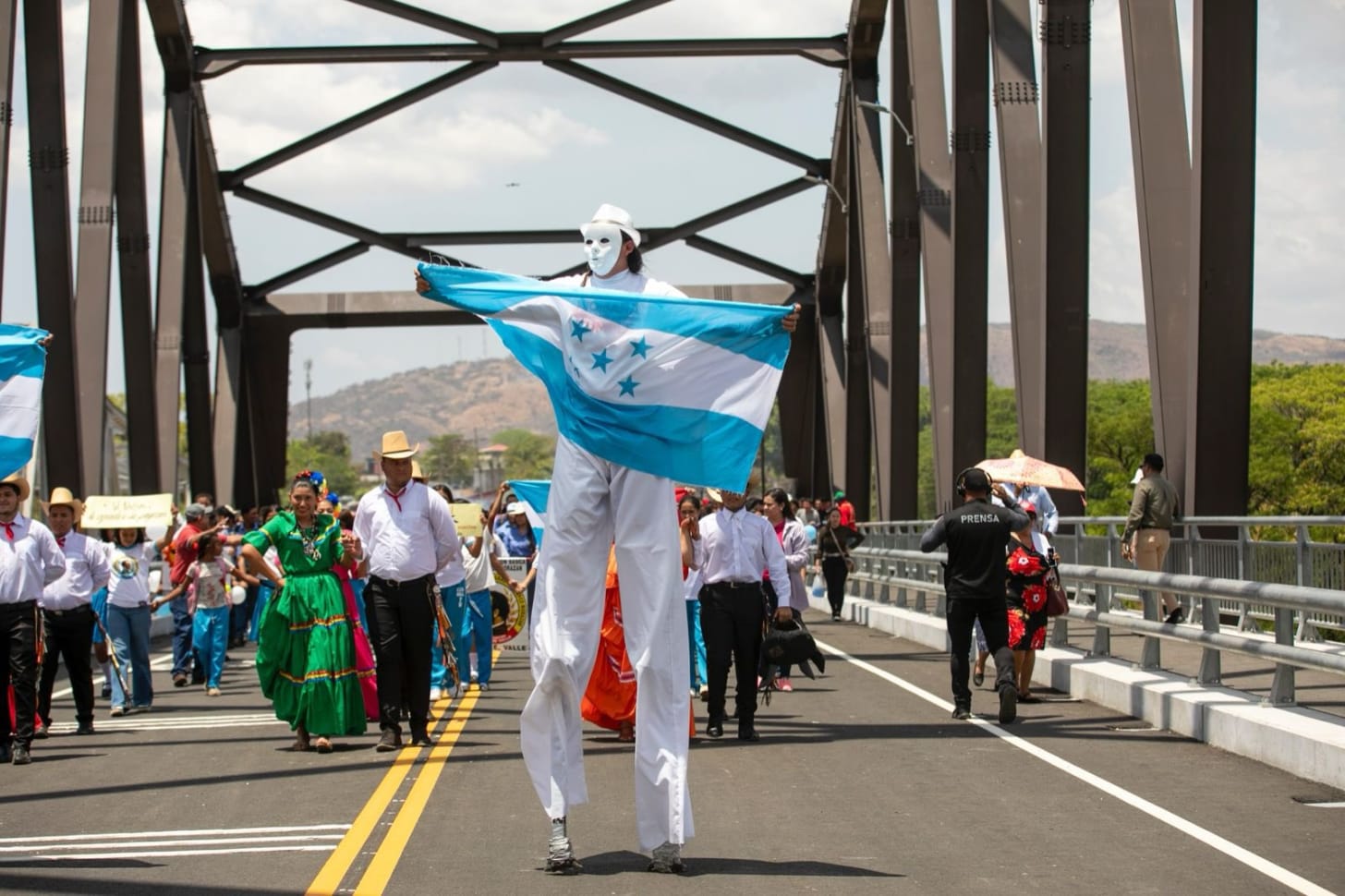
In April, Mitofky, a Mexican pollster, found Castro with an approval rating above 60%.
However, the president’s ratings have since fallen following a set of scandals involving the administration’s inner circle. But improvements on kitchen-table issues concerning ordinary citizens are what the majority of residents are focusing on.
Economic conditions in Honduras have improved since LIBRE took over in early 2022, with steady growth in the nation’s GDP projected by the International Monetary Fund. The Castro government has also made headway in expanding its flagship social program, Red Solidaria, “tripling the number of families receiving cash transfers to over 400,000 [residents] while reducing the average amount received”, according to Americas Quarterly.
The administration has also boasted of increasing investment in public works, expanding construction to the nation’s infrastructure, and initiating modernization efforts of the Honduran healthcare system to help facilitate a higher standard of care to Honduran citizens.
With a little more than one month out from the next presidential election, rising concerns of democratic backsliding from the incumbent administration and confidence in the government’s ability to follow through on its pledges to reducing crime, public corruption, and the bolstering of democratic security will be put to the test.
November’s election will also be a litmus test for other governments along the Isthmus, whose populations are in a tug-of-war between liberal progressive domestic politics and the rising tide of right-wing sweeping across Latin America.


